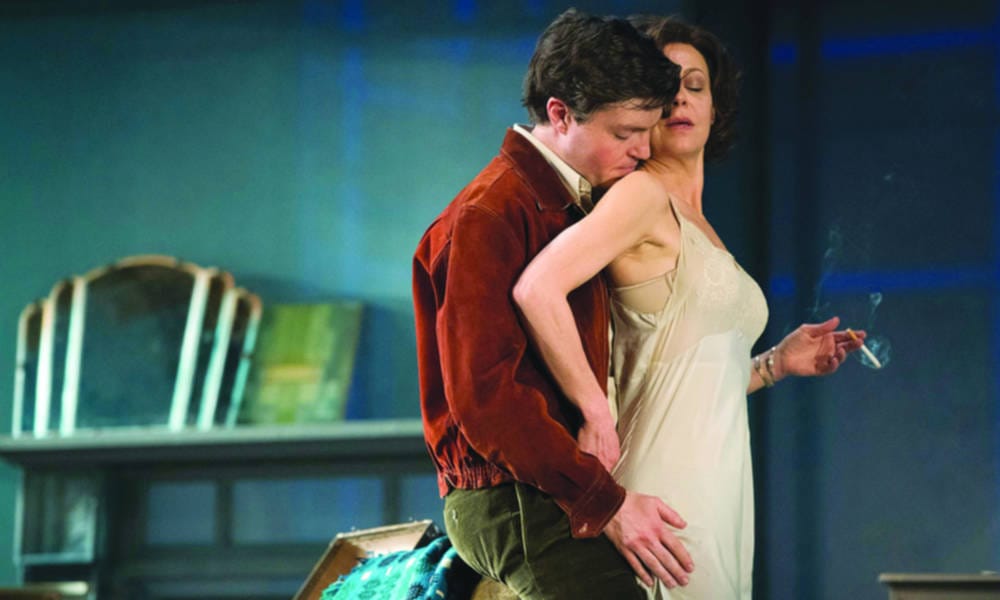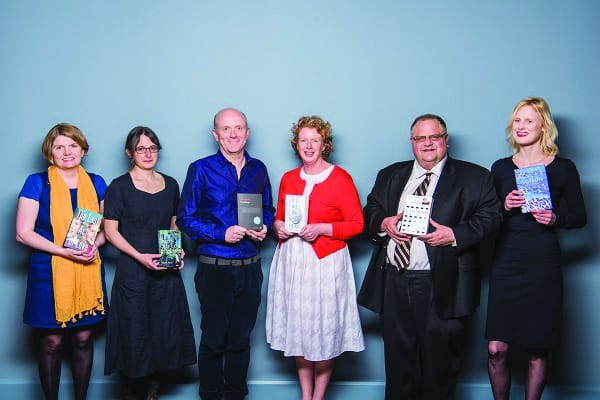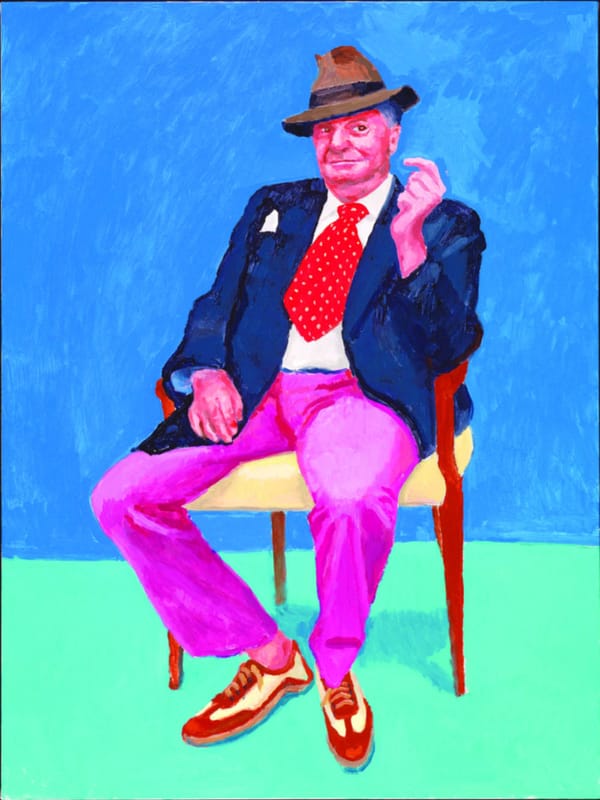The Deep Blue Sea at The National
Helen McCrory thrives in this passionate revival of Rattigan’s masterpiece

This is the frustrating, and tragic tale of a woman called Hester Collyer. She is, as the title of the play suggests, stuck between a newfound lover and her husband. The play is a strange but intriguing one which explores the difficult relationship the trio shares, centred of course around Hester. The husband, a high-ranking judge, makes matters more complicated because of the stigma attached to divorce. This beautiful play was written by the renowned playwright Terence Rattigan, and has its roots in his own difficult personal experiences. Carrie Cracknell’s direction is brilliant and reveals the complex emotions of Hester and those close to her, the performance is multidimensional, both in its characters, and even in its scenery.
The play is intricately subtle with cast and direction doing it the justice it deserves. Hester is played by Helen McCrory, and her performance is, in a word, astounding. She conveys with the utmost authenticity the turbulent emotions of a troubled mind, a cacophony of self-hatred, depression and elation, all fuelled by the hot rage of a full on mental war between logic and love. Hester Collyer comes across as a strong woman, but within lies a weak helplessness in the face of this choice. Helen McCrory’s portrayal is exquisitely transparent; the audience knows and empathises with exactly what Hester is going through. Her interaction with the other characters, especially the two men in her life, are realistic and, more importantly, revealing.
Sir William Collyer, Hester’s husband, is portrayed by Peter Sullivan as a stalwart man who holds his standing in society in the utmost regard, he seems formal with Hester, and oddly seems to regard her relationship with her lover, Freddie Page, very much as a matter of fact rather than something to be resented. However, there are times when deeper feelings do manage to penetrate his upright exterior. In sharp contrast Mr Page, played by Tom Burke, comes across as erratic , possibly due to his personal troubles working as an RAF test pilot. Collyer’s relationship with her lover is passionate at times, and there are sporadic bouts of longing, lusty desire. However, these are often restrained by the shackles of the past, and of the sticky situation that incarcerates them.
Another interesting character is Mr Miller, a doctor struck-off for mysterious reasons, who seems to share a lot more in common with Hester than might first appear. Nick Fletcher manages to play the part perfectly; soberly at times, and yet exposes Mr Miller’s more sophisticated make-up in a heated one-on-one confrontation with Hester later on.
The show contains dark themes throughout. Despite this, characters such as Mr Welch (Hubert Burton), a middle-class husband, and Mrs Elton (Marion Bailey), an overly-talkative landlady are almost inappropriately funny at times. Even the more restrained characters such as Mr Miller had the audience laughing out loud when, in response to being asked why Hester might have tried to commit suicide, he states sarcastically that “she wanted to die, I suppose”. These clever splashes of black humour make the show a delight to watch.
It is also not only the characters who are multidimensional. The scenery is creatively constructed consisting of multiple different rooms, where simultaneous events take place through smoky blue screens, giving a sense of multiple goings-on without ever being distracting. I thought this was a great addition to the play helping to add realism and possibly representing a physical manifestation of Hester’s own isolation, as indistinct shadows moved about outside of her lonely abode.
Until September 21st at
The National’s Lyttelton Theatre








